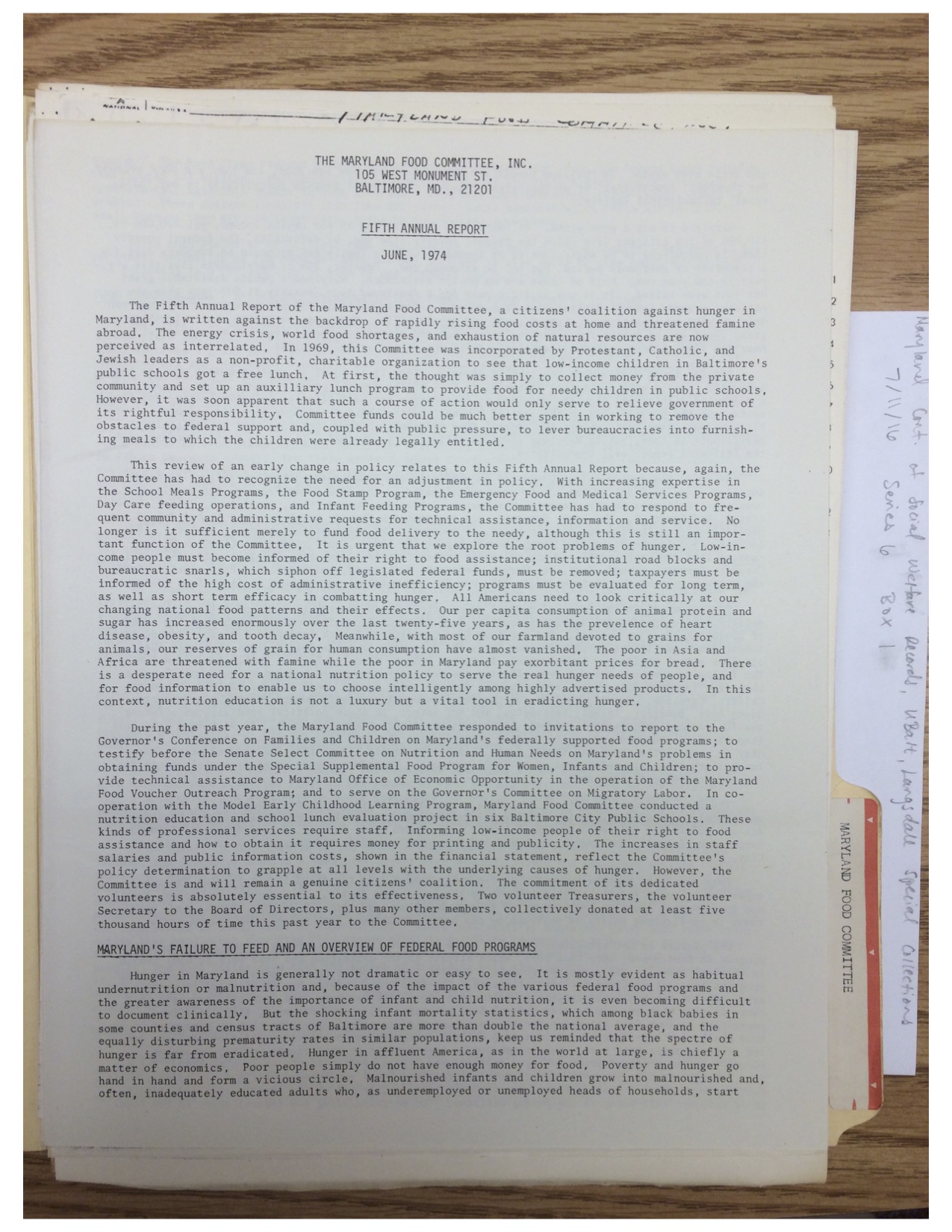Good morning! It is Monday, about 30 minutes before I need to clock-in for my virtual work day in Nottingham. This is obviously not an #OTD post, and I’m still working out what exactly I want this space to be. So I’m thinking maybe I’ll do a monthly life update, with the rest of the month’s weekly posts being about history #OTD, or some other discussion of translating the practice of history to other parts of the world.
I’ve been thinking about that last bit as I’ve been apply to a bagillion jobs in the Dallas-Fort Worth area over the past few months (also known as the DFW Metroplex). Ok, not actually a bagillion, I’m only at 16 or 17 right now. In about a month’s time, my tiny fam (of partner and pup) will be heading back stateside. My partner received a tenure-track job offer at a university in DFW, so off we go again on our next history-led adventure! We’re doing the millennial thing and crashing with my parents for a month before embarking on a road trip from the PNW down to Dallas. Things are basically all sorted, but planning a transatlantic move mid-Covid while it seems lots of things in the U.S. are exploding has still been a bit stressful. We have plane tickets (including one via a pet travel agent for Finch who has to fly cargo!), a shipping company scheduled to come pick up our few boxes of things, and an agreement with our landlord to leave our furniture. We don’t have much stuff over here, so that’s good!
On the job hunt, I have not branched outside of colleges or universities yet… There are no teaching positions because #Coronavirus (and I’m still not sure that is the right move for me), but the University of Texas system is still hiring tons of administrators and other kinds of office people! I feel like I’m capable of doing lots of different kinds of things in a university context (student facing support/ advising, research and grant administration, editing and writing roles, and I want to be able to do library things but am library degree-less!). However, I seem to be struggling to convey this in my cover letters and resumés as I’ve only had 1 interview so far. I mean still having a foreign address probably doesn’t help either.
I’ve been complaining about this (or having a moan, as the Brits would say) about how lame it is to be applying to jobs. To try to focus on something positive, on the flip side of the challenges, it is fun to imagine myself in all these different roles and thinking about ways that I want to contribute to the world. I’m really excited about the 1 role I did interview for and hope I’ll be hearing back at some point this week. Keep your fingers crossed for me!
So, that’s it. That is where my life is at the mo’ (another Britishism for at the moment). I thought it was clever to title this post history adjacent as my life is literally adjacent to someone who keeps doing history, while I am also still trying to stay engaged in history land but not doing so through my actual job for the last 2 years.
For real last thing – I just realized I filed my dissertation 1 year ago yesterday (September 20). CRAZY. So this could have been a #OTD post, about how I pulled an all nighter to try to clean up my footnotes, create my bibliography, write my acknowledgements, and do all the formatting of my manuscript in a 24-hour period. It was not pretty, but I submitted it!
Coming up: look for a post this Sunday, September 27 about history #OTD related to the explosion of food banking in the early 1980s. Then I’ll #OTD every Sunday (or do a history adjacent post, I’m thinking something on transferable skills) until my next life update in October once we’ve moved. Wild 30 days ahead everyone. Talk soon!



